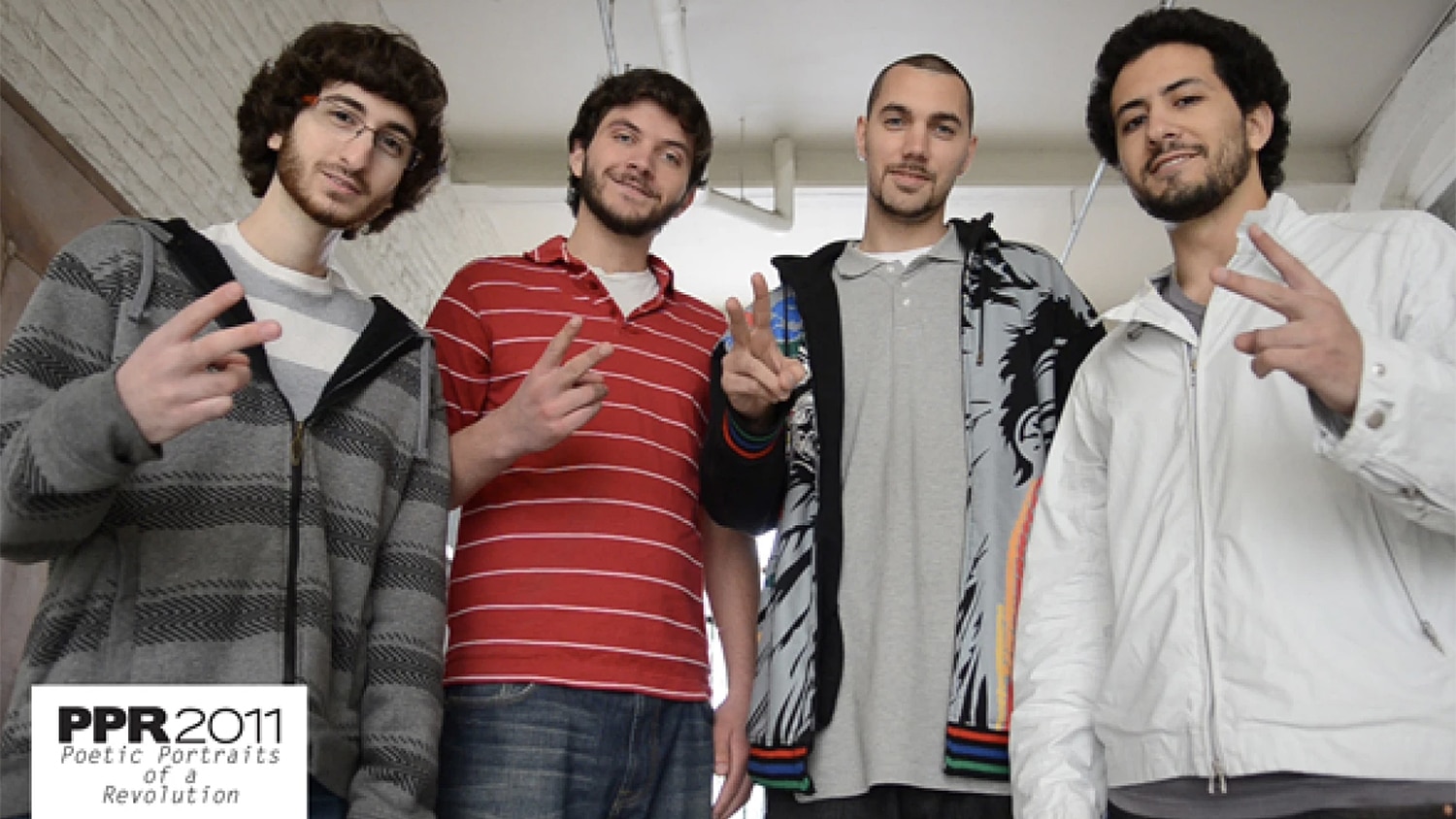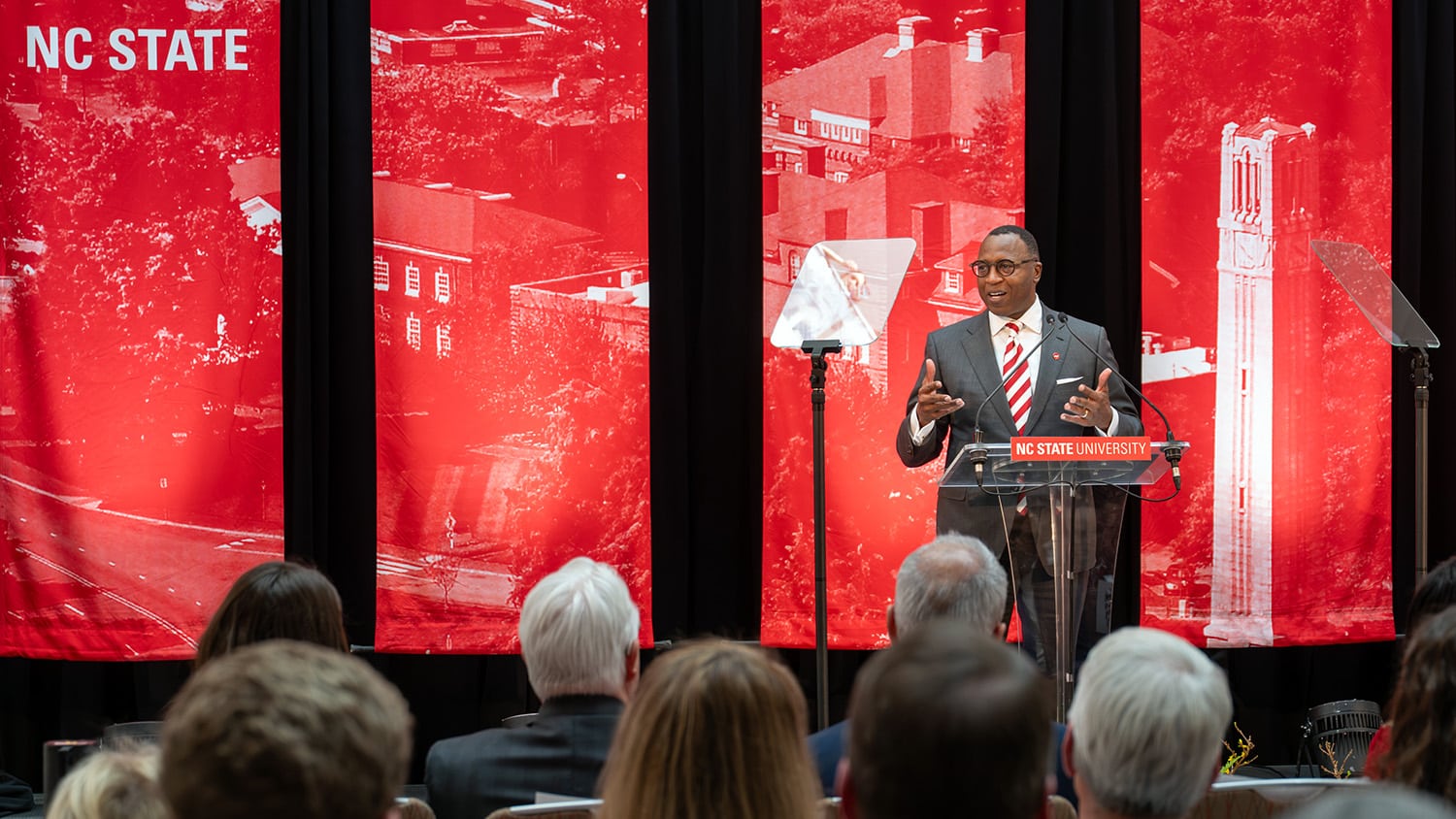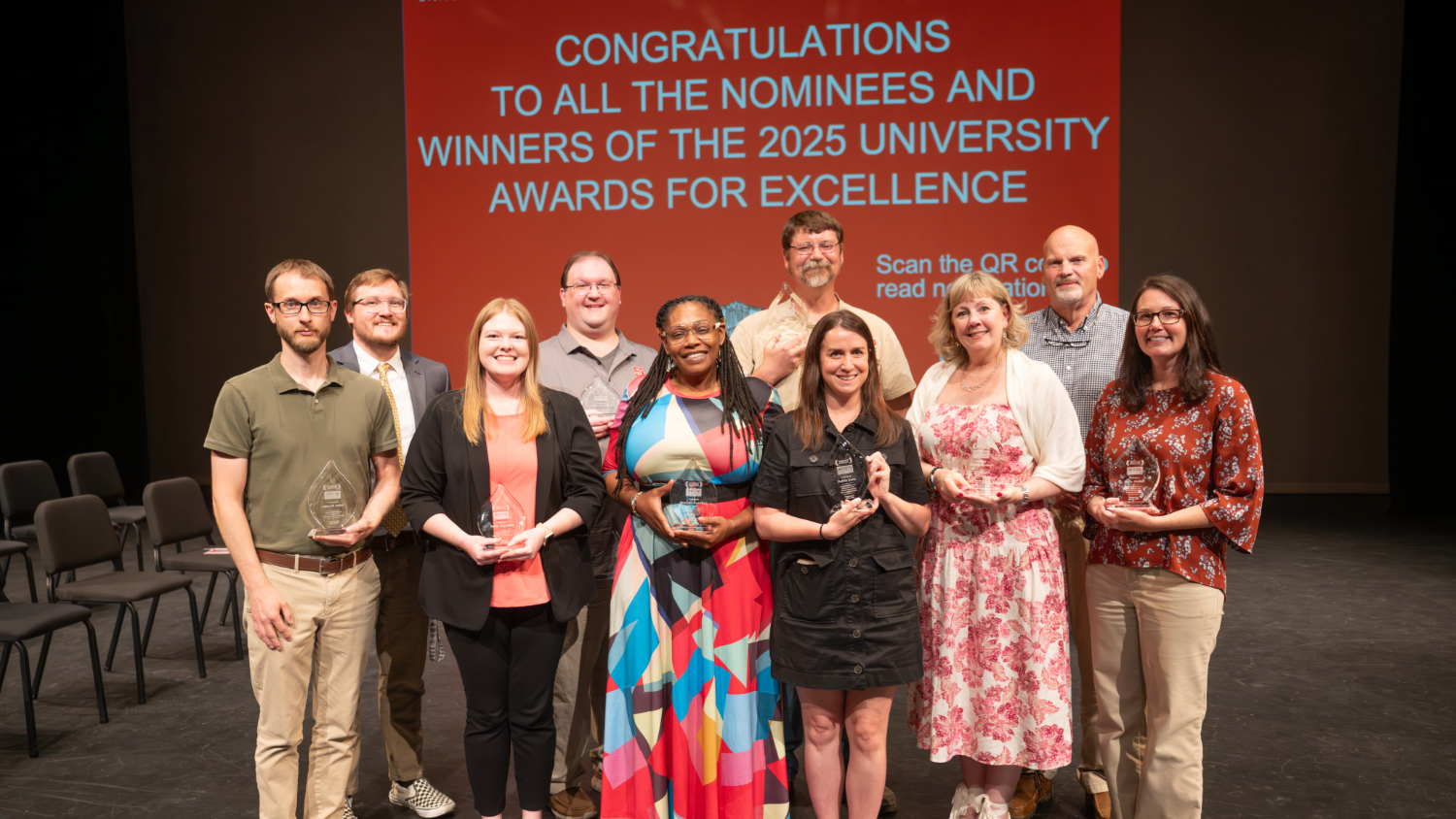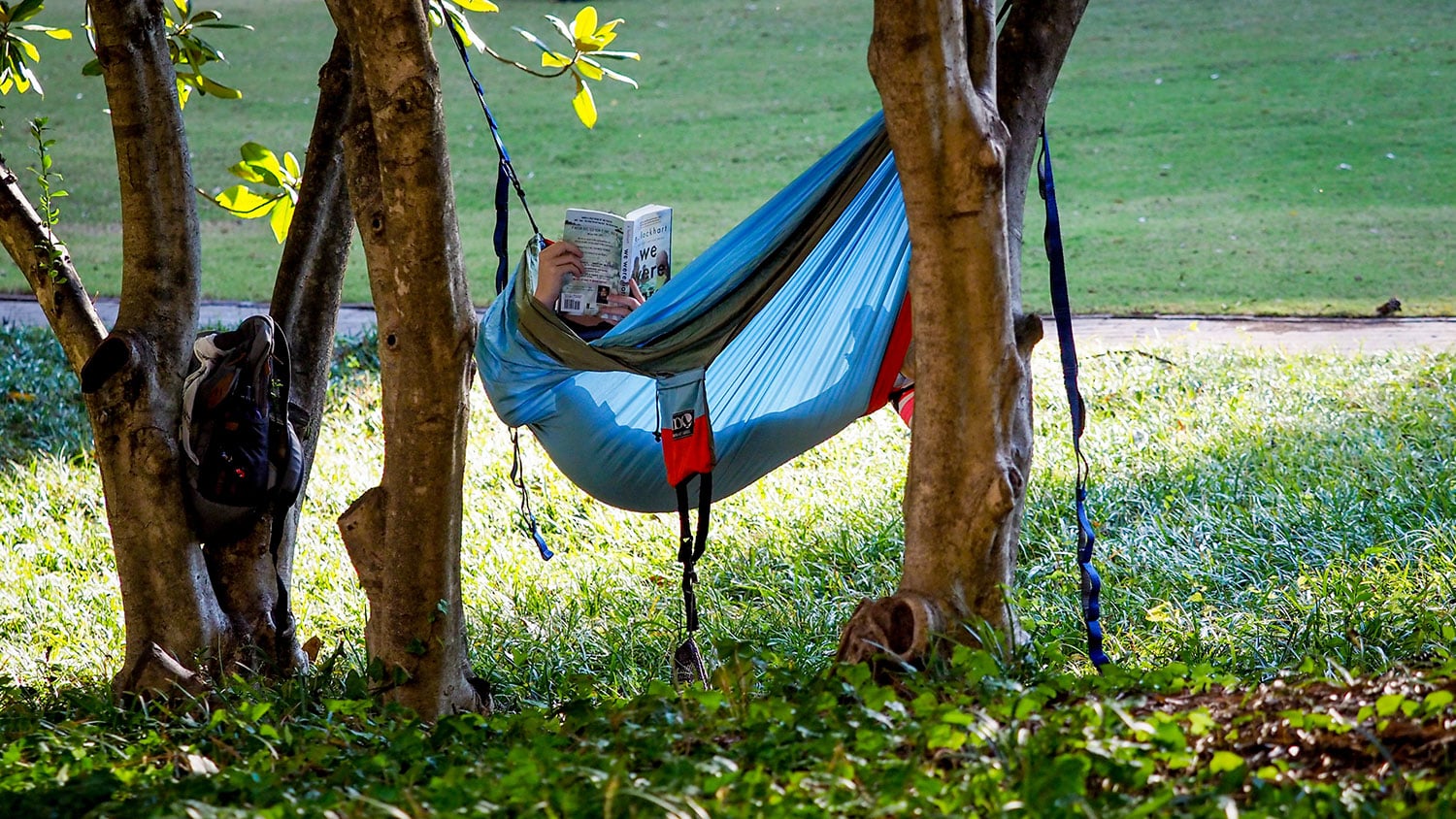Summer of the Arab Spring
Two NC State students join a team traveling to Egypt and Tunisia this summer to document the democratic movements that are sweeping the region. But they're traveling as artists, not journalists. Find out why they're going.

The Nile is awake and listening
the world is watching
—Kane Smego and Will McInerney
Across the Arab world the flames of revolution are spreading, freeing Tunisia and Egypt from their oppressive regimes, igniting a civil war in Libya and sparking unrest in more than a dozen countries, from Syria to Yemen.
A world away, two students at NC State are preparing for the road trip of a lifetime, a two-month odyssey to experience history as it happens.
Mohammad Moussa, an electrical and computer engineering major, and Sameer Abdel-Khalek, a student in the environmental technology program, will travel to Tunisia and Egypt this summer with award-winning poets Kane Smego and Will McInerney.
Poetry for the People
There, they’ll document the images, emotions and stories of everyday people who participated in the uprisings; Moussa as a spoken word artist and interpreter, Abdel-Khalek as a photographer and filmmaker.
Back in the United States in September, the team will create “poetic portraits of a revolution,” weaving poetry, spoken word, video, audio clips and photographs into a multimedia collage. They plan to spin off a book, documentary film, theatrical performances and radio programming to reach a national audience with a message of hope.
“People have brought about change, and they’ve done it peacefully, respectfully and in such an organized way. And they’ve done it all through their voices,” Moussa said in an interview this week. “As someone who writes poetry, it’s extremely inspiring to see that, to see the voice winning in such a huge struggle.”
Moussa, whose parents are Lebanese, spent much of his childhood living in the Middle East. The upcoming trip will give him an opportunity to savor the region’s first tentative steps toward democracy. Listen to a podcast of Moussa discussing the project.
“The region has been oppressed for so long and across so many generations that you lose sight of the fact that people are actually able to take matters into their own hands,” he said. “It’s great to see people out on the street, using their voices to say they want a better life, they want change.”
- Categories:


